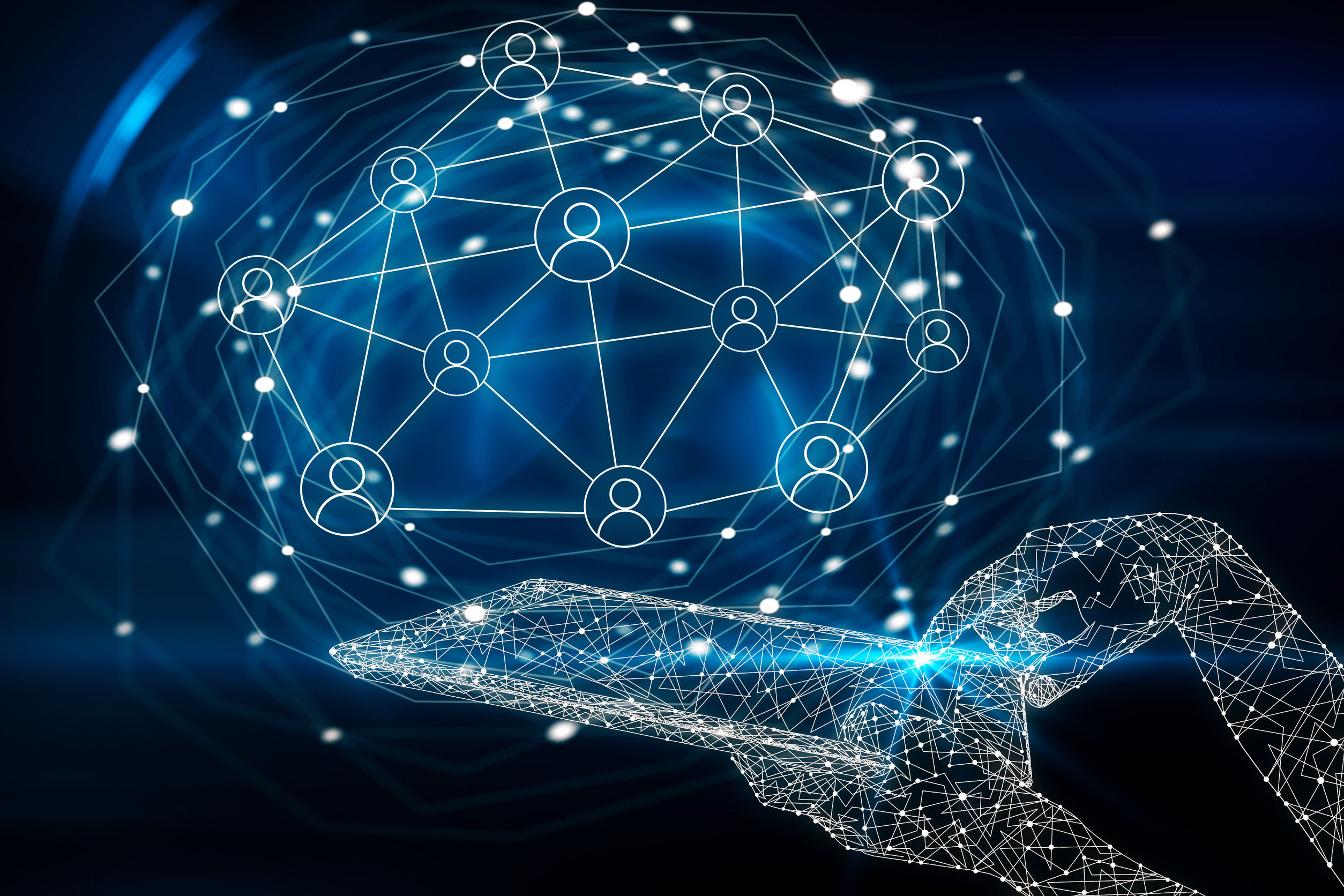What is the impact of prolonged uncertainty on HR technology?
- HRM Asia Newsroom

Unknowns have become a constant of the COVID-19 pandemic—around when the spread of the virus will slow, when businesses will reopen, how the crisis will affect the economy and employers long-term.
Smart decisions, however, can’t wait until we have all the answers, says John Sumser, founder and principal analyst of HRExaminer.com. Sumser will explore this idea in depth at his keynote speech later this month during the HR Technology Conference, focusing on HR and technology decision-making around health and safety.
Before taking the virtual stage, Sumser shared his outlook on how the pandemic and other current events are shaping the HR industry—and his own life.
You’ve written about how HR should become comfortable not having all the answers right now. How do you try to emulate that in your own work or personal life?
Being comfortable with uncertainty and ambiguity is the hallmark of leadership. My life is nothing like it was before early March. I used to travel every other week. I gave presentations around the world and consulted on site with my clients.
Now, I’m learning the fundamentals of video production. Being comfortable with not having the answers doesn’t mean do nothing. It means solve the problem that is directly in front of you. These days, I’ve taken to hunting down certainty anywhere I can find it in my life.
What I learned from the pandemic is that any clear, concise, predictable answer is a fragile thing. So, I’ve cultivated a series of new relationships where my core assumptions are always under fire. It means that I feel sheepish sometimes and downright dumb at others. But, I’ve developed a much greater appreciation for people who have different lives and different values. It turns out that there is real wisdom available if you cultivate a deep abiding sense of not-knowing.
As you know, I’m working deeply on ethics questions. In a time like this, using ethics as a decision-making tool is how you navigate uncertainty. We are striving to make the right decision for right now, subject to change, rather than solving problems for once and for all.
You’ve written about how HR should become comfortable not having all the answers right now. How do you try to emulate that in your own work or personal life?
Today, I’m developing video-production skills as fast as I can. There’s no question that the next five to 10 years of a career (in and out of HR) will be won by the people with the best video output. It’s the new “dress for success.” It’s the same as the emergence of the personal computer early in my career. After all, it’s fundamentally a communications device. And, it makes high-quality desktop video possible.
I’ve also started to be much more interested in the small business market. About 12% of the workforce works in huge companies, and their experience is unique and privileged. Everyone else works in small- to medium-sized companies. So, my attention has drifted a bit to try to understand how intelligent tools (AI) operate in those small data set environments.
Then, my long-standing interest in AI and ethics is starting to bear fruit. Companies are starting to realise that they need to widen their thinking about design, production and maintenance when it comes to AI. That means you need outside people involved in your internal processes. Not attending to ethics means your products are unsafe. Using products that don’t have transparent ethical decision-making processes puts your workforce at risk.
What do you think will be some of the differentiators between HR departments that thrive through this pandemic and those that don’t?
The trick is going to be to try to see beyond conventional wisdom. For instance, every plant reopening should be wrapped around a clear picture of what would cause a lockdown. Then, HR needs to give the organisation as much advance notice as possible.
There is a way of making decisions on ethical issues that allows for the decision to be wrong. In that model, decisions are the foundation of learning and bad decisions are part of the mix. Learning from those bad decisions is what makes an organisation flexible and resilient.
We don’t know what sustainable success looks like. Great HR departments will help their organisations resist the temptation to declare the problem completely solved.
There is a coming cliff in the things measured by engagement scores. People who are undergoing continuous, sustained trauma always go through a hero phase. That’s the best explanation for the skyrocketing engagement scores of the last six months. The cliff is a predictable plummeting as people burn out and work hard to establish healthy boundaries. Great HR departments are prepared for this.
Workforce safety, regardless of the location of the worker, is here. This means figuring out how to address mental health in a personalised way. And I don’t mean a bundled “wellness programme.” I mean dealing with the individual and organisational consequences of sustained traumatic stress, depression and anxiety on physical and mental health.
How can HR continue to centre issues like D&I amid the disruptions of the pandemic?
Catastrophe is no excuse for dropping the ball on this critical question. Now, more than ever, we need diverse and inclusive organisations. The more different kinds of eyes we can get on our mission, the more likely we are to see the path forward. It’s time to double-down on these initiatives.
For more information and to register for the free, virtual HR Tech Conference, click HERE.






